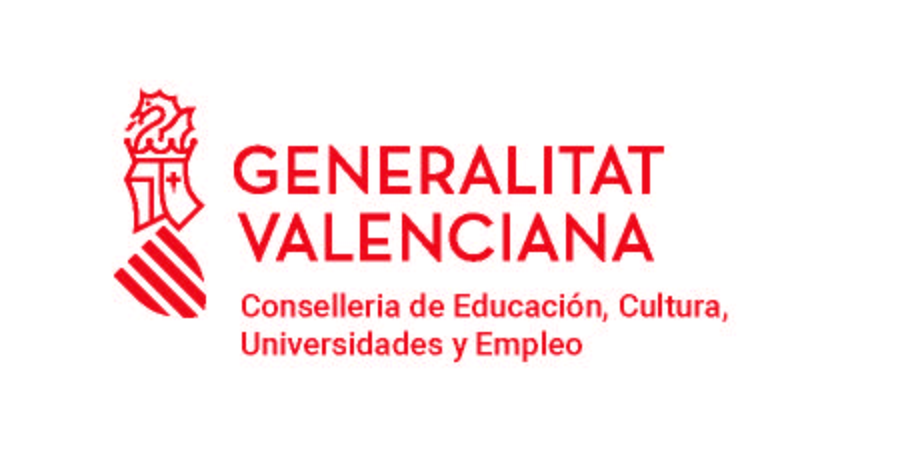
Proyecto del PROGRAMA PROMETEO
Prometeo/2021/027
financiado por:

EQUIPO INVESTIGADOR
Dra. María Domínguez Castellano (IP)
Dr. Luis Miguel Martínez Otero
Dr. Javier Morante
Dr. Salvador Sala Pla
Dr. Luis A. García Alonso
Dr. Jorge Bolivar Pérez
Dra. Dolors Ferrés Marcó
Dra. Isabel Adrados Morán
Dra. Diana M. Vallejo Martínez
Dra. Lucía García López
Roberto Santoro
Ernesto Sáez Carrión
Daniel Tendero López
Juan Carranza Valencia
Juan Ramón Guirado Roig
Arturo José Valiño Pérez
Marcos Mirete Fructuoso
Sergio Molina Rodríguez
Laura Mira Valdelvira
Esther Ballesta Illán
Trinidad Maciá Pérez
Clara Serrano Navarro
Rosa Sánchez Cayuela
Bridging the gap between early-life disease-induced inflammation and health outcomes and frailty
Cancer is unquestionably complex, altering the homeostasis within and around its local organ microenvironment, and also causes systemic effects that can last years after the cancer is cured. These effects are becoming apparent in adult cancer survivors, with one in two childhood cancer survivors being at risk of frailty, a highly vulnerable state with adverse health outcomes. Thus, awareness is growing of the urgent need for a more holistic view of cancer, and to focus on the aftermath of cancer.
In the past and present PROMETEO/2017/146 grant, we have exploited high-throughput methods, using Drosophila melanogaster, to identify causative pathways in cancer and to characterize proximate mechanisms. Taking a holistic approach, we have used metabolomics to reveal that pro-inflammatory alterations, which normally accompany aging in humans and are biomarkers of frailty, also occur in the hosts with tumors lacking the tumor suppressor PTEN. Furthermore, adult flies that survive such cancers are very fragile and show accelerated aging and reproductive senescence.
We will also exploit artificial selection in our population of cancerous flies to identify and characterize rare genetic variants that could explain why some individuals escape the burdens of cancer alleles to survive, delay aging and live longer and healthier lives. Furthermore, by using data-driven models and focus on perception-action and its decline over time and with disease state, we will afford to identify target that, when manipulated, may reduce brain functional and motor decline, which is known to be the underlying factors in frailty vulnerability to falls.
Overall, the collaborative project we present is part of the Generalitat Valenciana strategy to combat diseases of great social, emotional and economic impact, and to establish foundations based on scientific research to develop therapies to improve the quality of life.
PUBLICACIONES PROMETEO
- Velasquez E, Gomez-Sanchez JA, Donier E, Grijota-Martinez C, Cabedo H, Garcia-Alonso L (2022) Fasciclin 2 engages EGFR in an autostimulatory loop to promote imaginal disc cell proliferation in Drosophila. PLoS Genet 18(6): e1010224. https://doi.org/10.1371/journal.pgen.1010224

 English
English